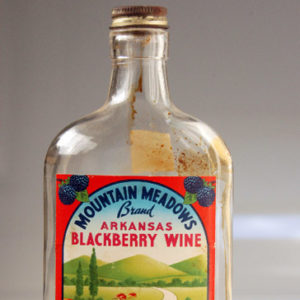 Post Familie Winery Bottle
Post Familie Winery Bottle
Entry Category: Foodways
 Post Familie Winery Bottle
Post Familie Winery Bottle
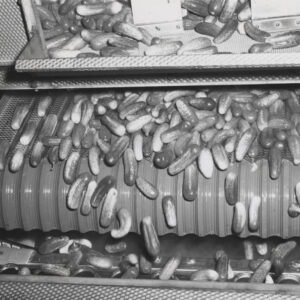 Processing Pickles
Processing Pickles
Prohibition
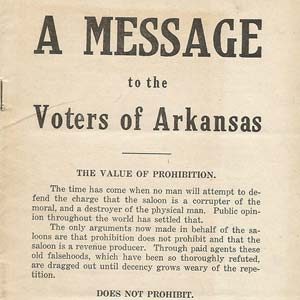 Prohibition Book
Prohibition Book
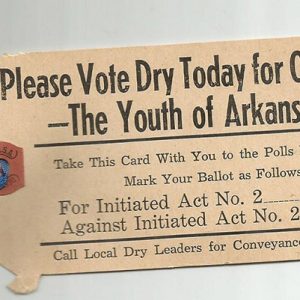 Prohibition Tag
Prohibition Tag
 R-Pep and Clem’s Bottle Caps
R-Pep and Clem’s Bottle Caps
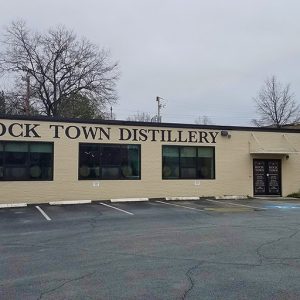 Rock Town Distillery
Rock Town Distillery
Salt Making
 Sidewalk Marker
Sidewalk Marker
Skyline Cafe
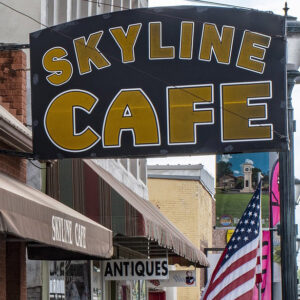 Skyline Cafe
Skyline Cafe
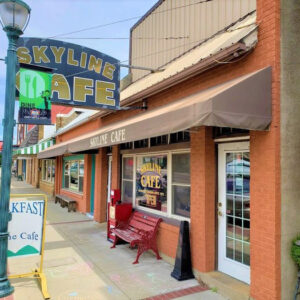 Skyline Cafe
Skyline Cafe
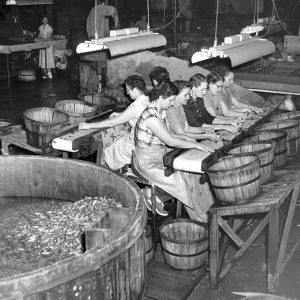 Sorting Pickles; 1955
Sorting Pickles; 1955
Star of India
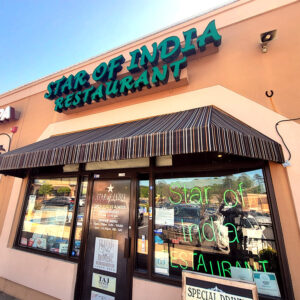 Star of India
Star of India
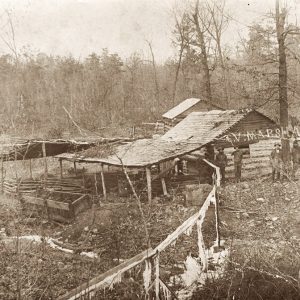 Stone County Still
Stone County Still
Tamales
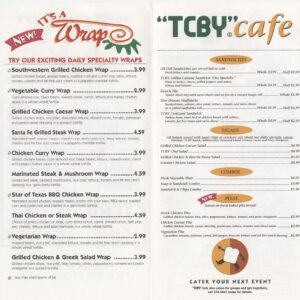 TCBY Menu
TCBY Menu
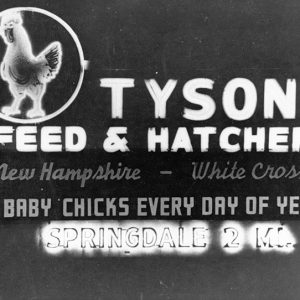 Tyson Sign
Tyson Sign
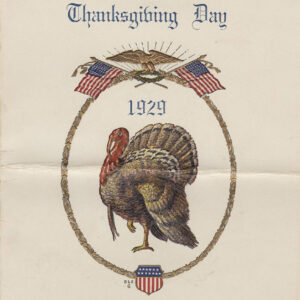 USS Arkansas Menu
USS Arkansas Menu
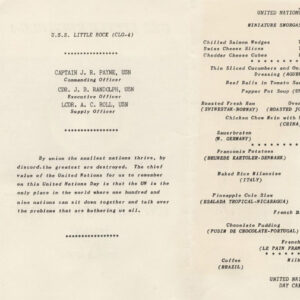 USS Little Rock Menu
USS Little Rock Menu
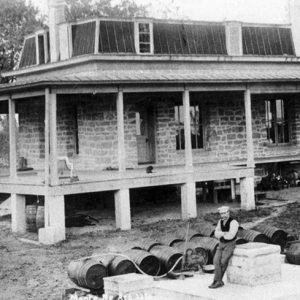 Vinola Winery
Vinola Winery
 Jeff Wallace
Jeff Wallace
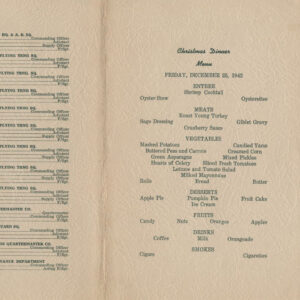 Walnut Ridge Flying School Menu
Walnut Ridge Flying School Menu
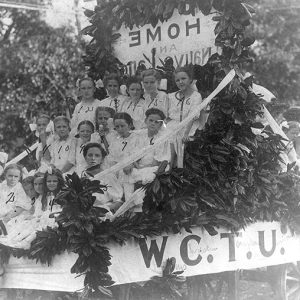 WCTU Float
WCTU Float
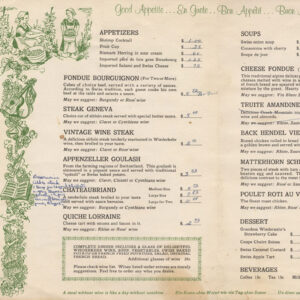 Wiederkehr Menu
Wiederkehr Menu
Wiederkehr Weinfest
Wiederkehr Wine Cellars, Inc.
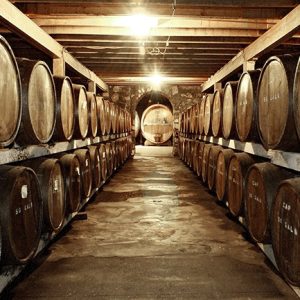 Wiederkehr Wine Cellar
Wiederkehr Wine Cellar
Wineries
 Winery Tank Room
Winery Tank Room




